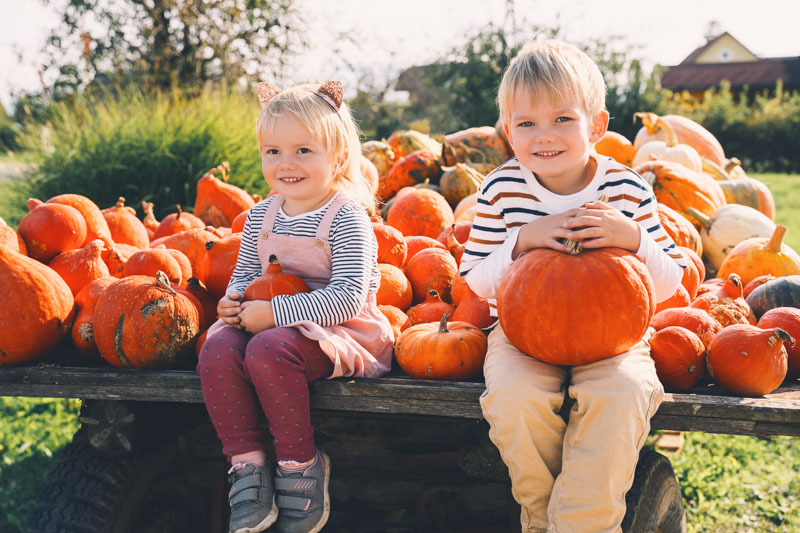Community Worksheets for Ages 4-8
30 filtered results
-
From - To
Explore our "Community Worksheets for Ages 4-8," designed to engage young learners in understanding their surroundings. These interactive resources foster curiosity and knowledge about community roles, resources, and responsibilities. Through vibrant activities, children will learn about essential community helpers such as firefighters, doctors, and teachers, enjoying fun coloring pages and practical exercises. These worksheets reinforce vocabulary and encourage critical thinking about civic engagement. Suitable for home or classroom use, they provide an excellent way for kids to connect with their environment, cultivating a sense of belonging and appreciation for the world around them. Download now and enrich your child's learning experience!
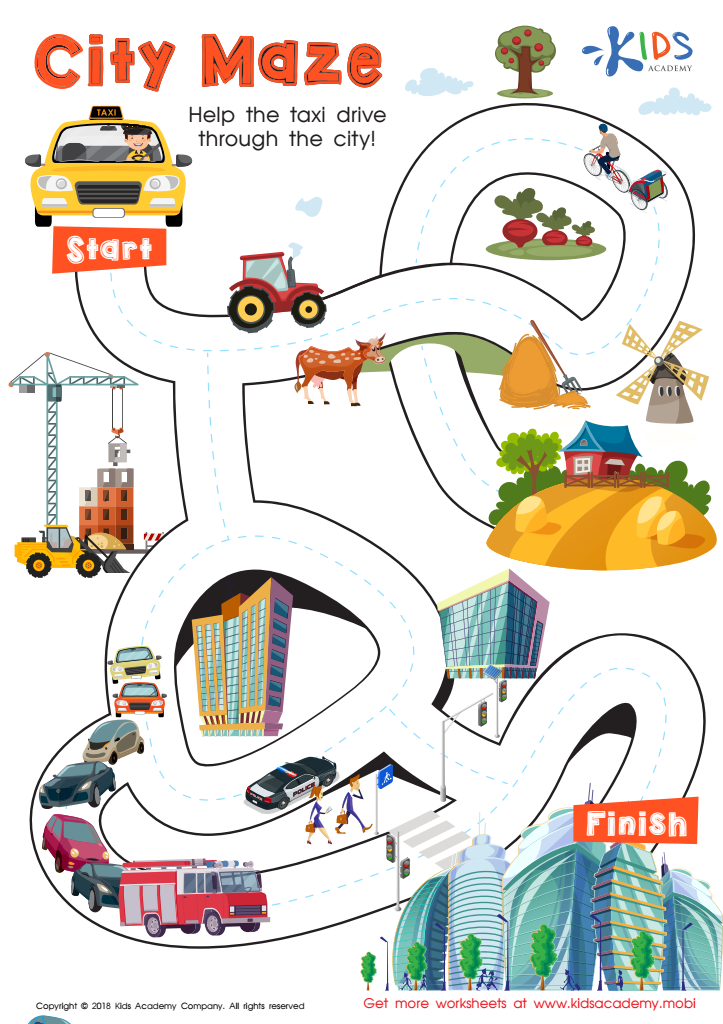

City Maze Worksheet


Cities Worksheet
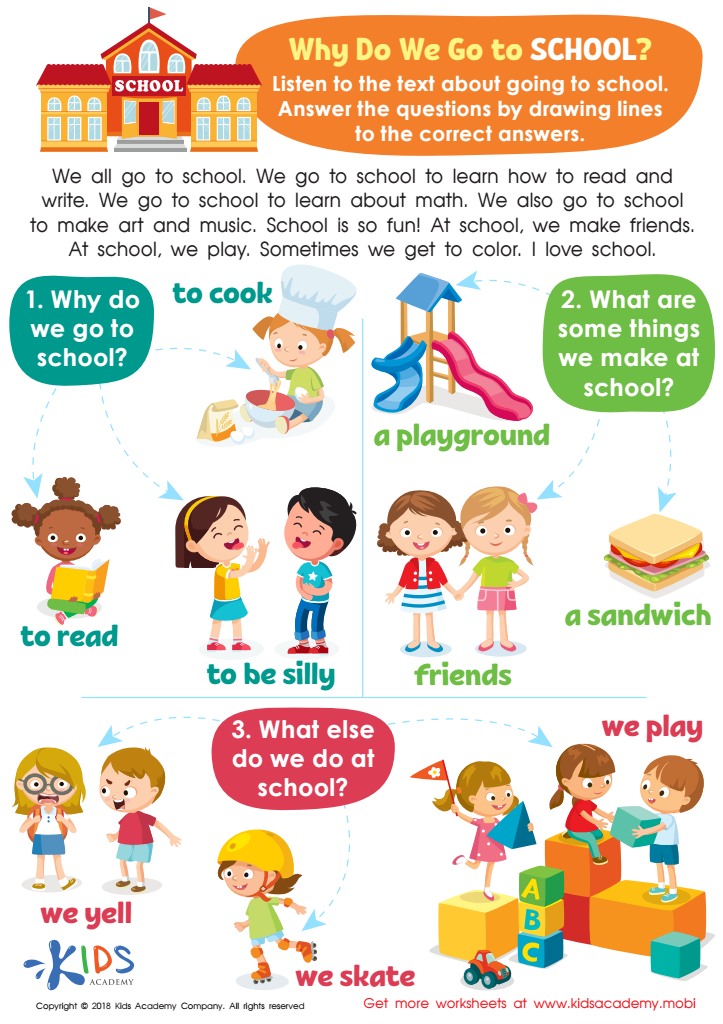

Why Do We Go To School? Worksheet
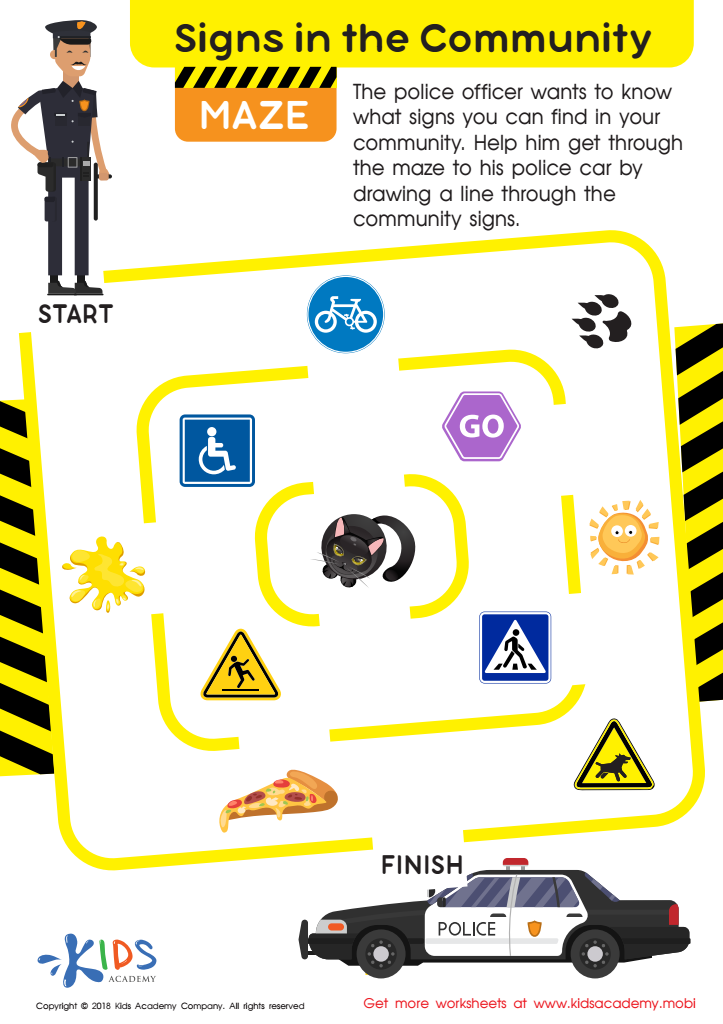

Signs in the Community: Maze Worksheet
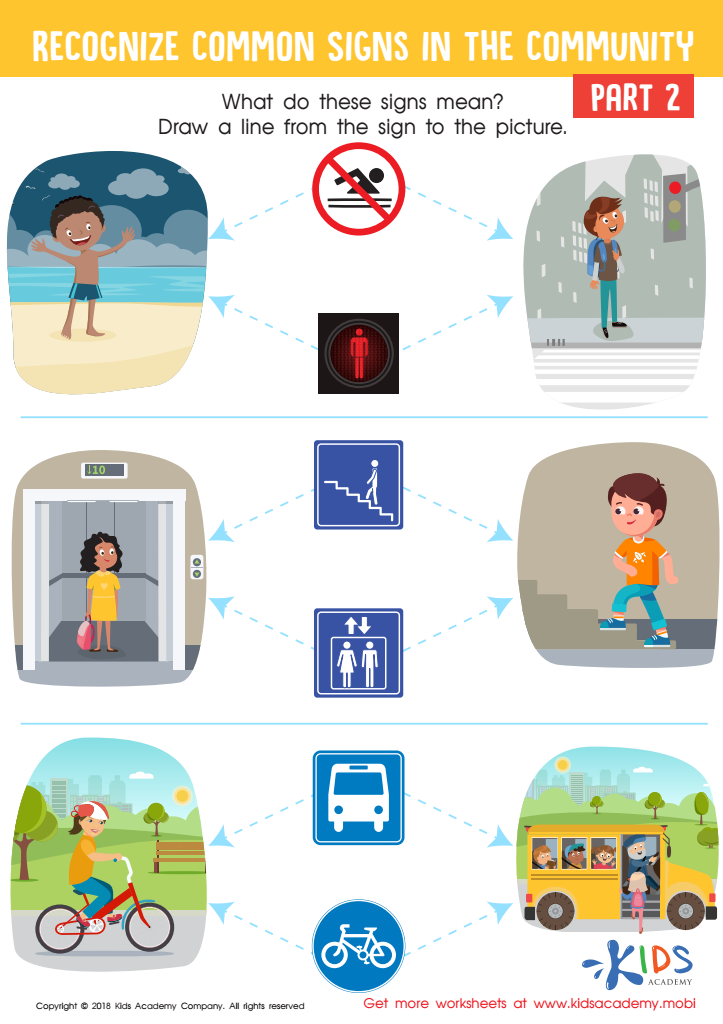

Recognize Common Signs: Part 2 Worksheet
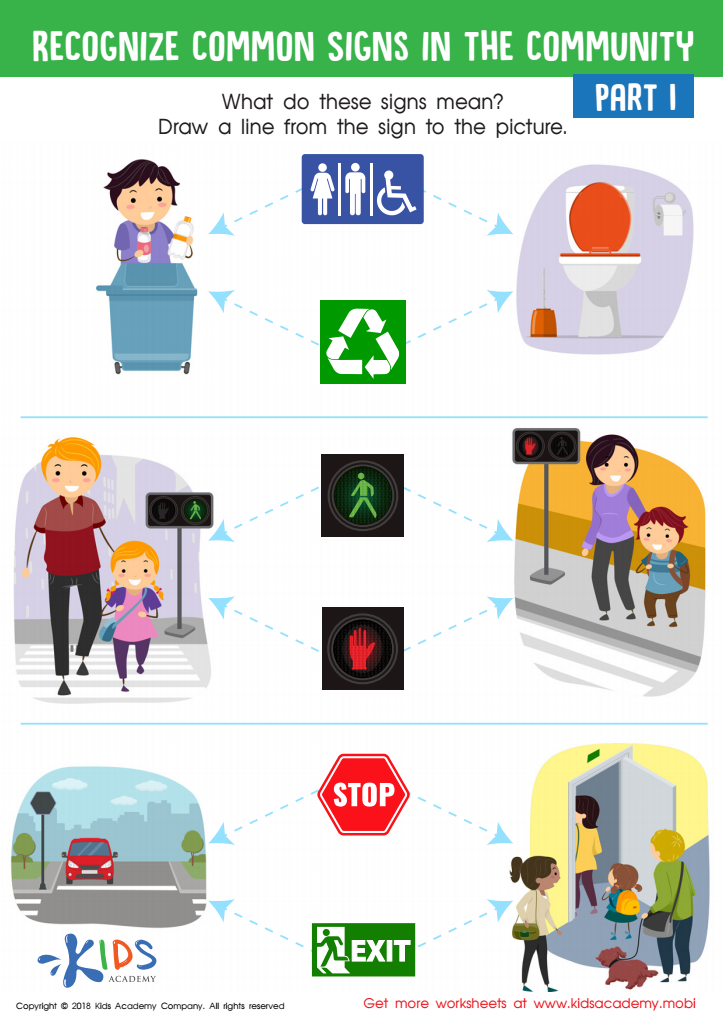

Recognize Common Signs: Part 1 Worksheet
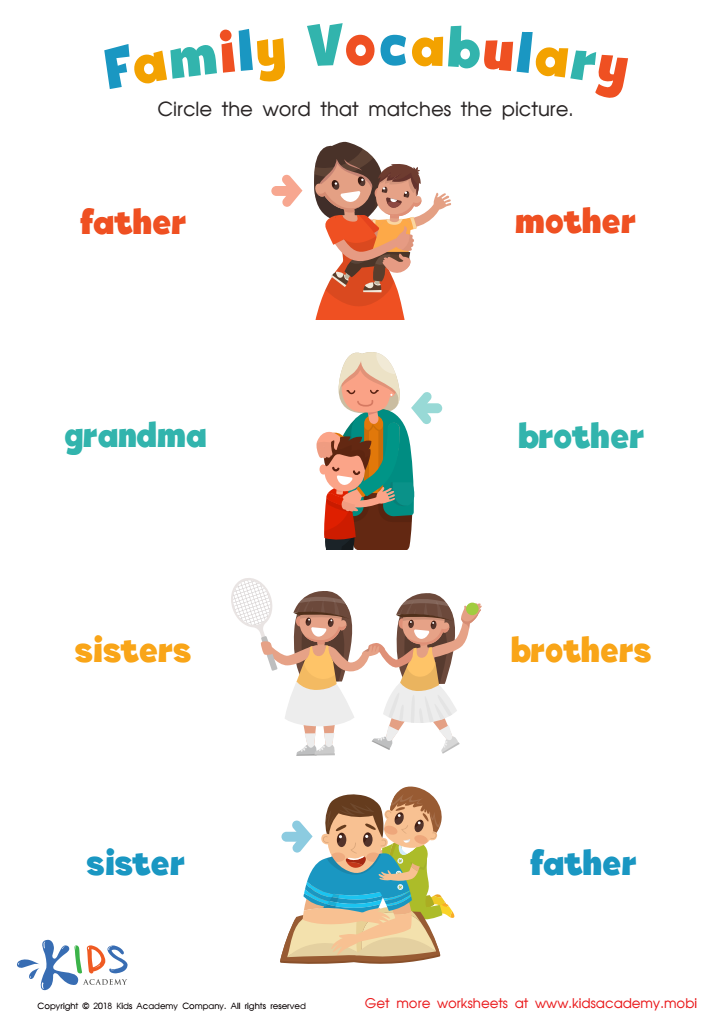

Family Vocabulary Worksheet
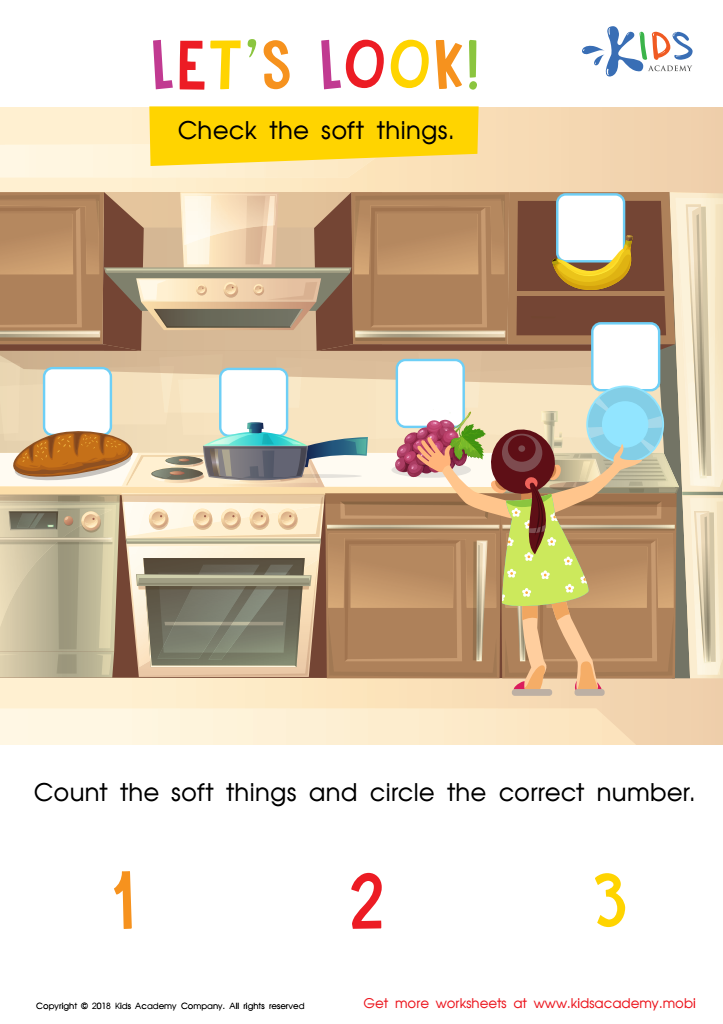

Let's Look! Assessment Worksheet
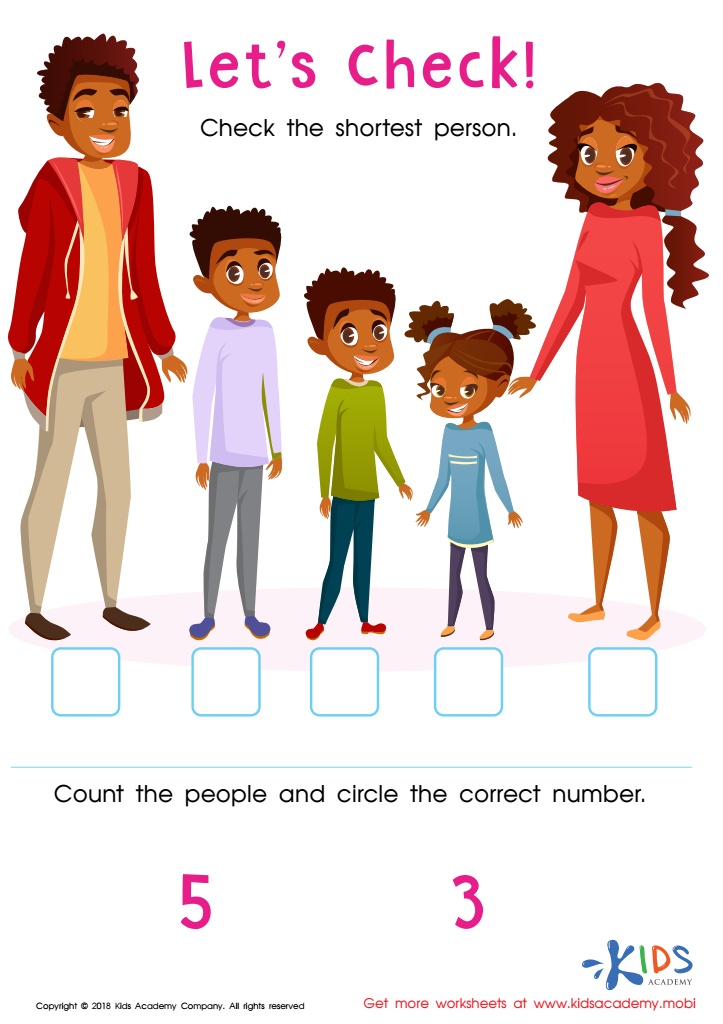

Let's Check! Assessment Worksheet
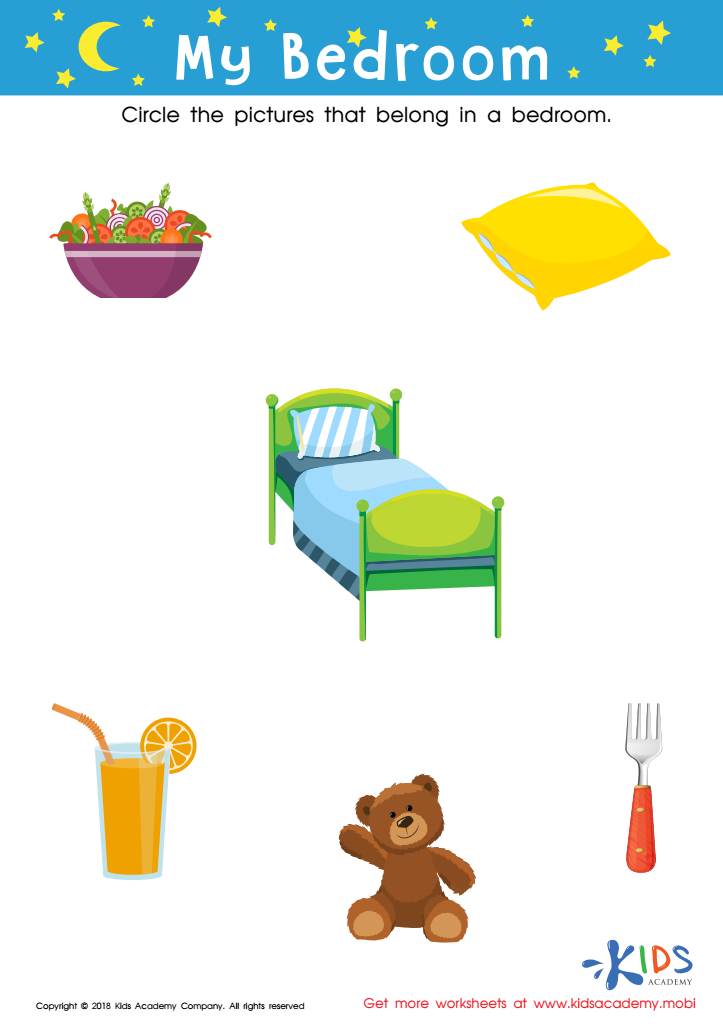

My Bedroom Worksheet


Homes Worksheet
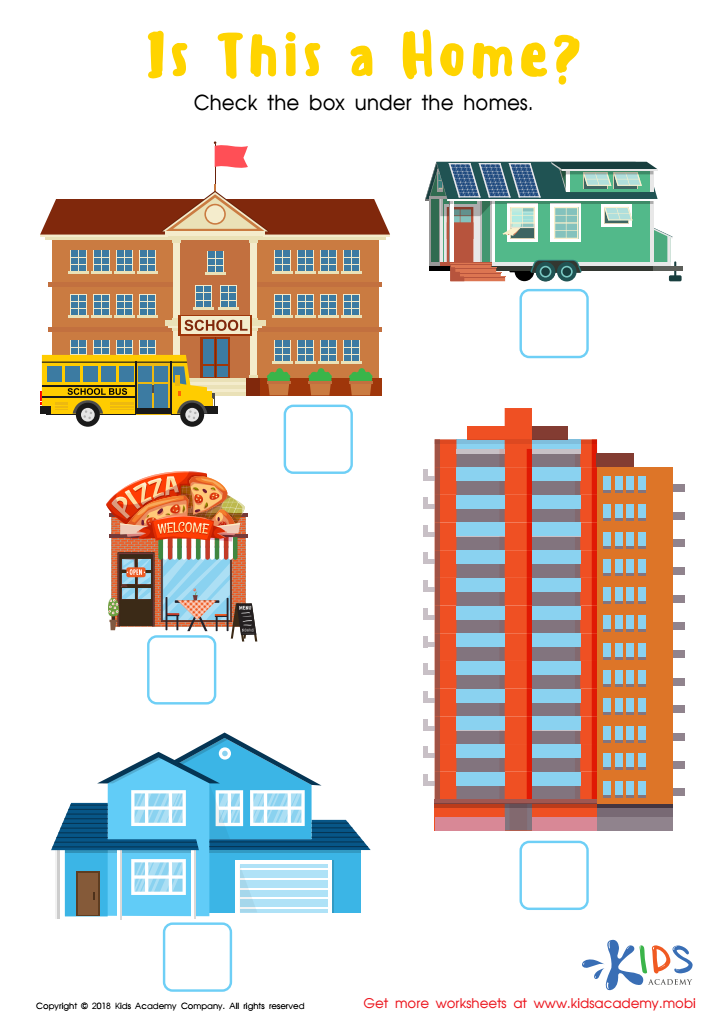

Is this a Home? Worksheet
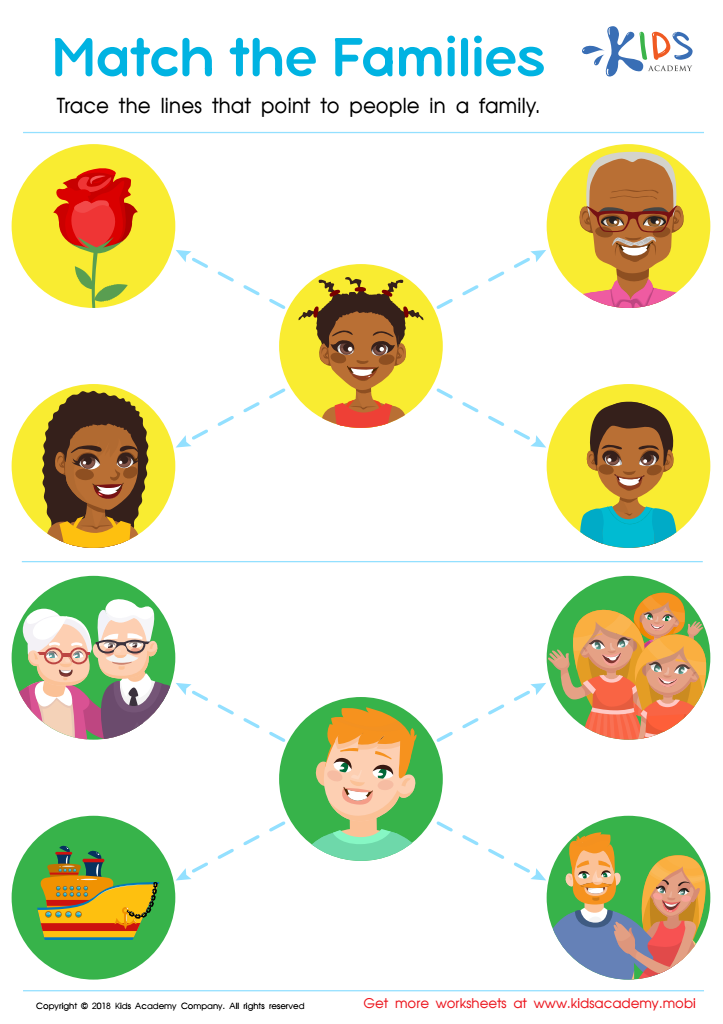

Match the Families Worksheet
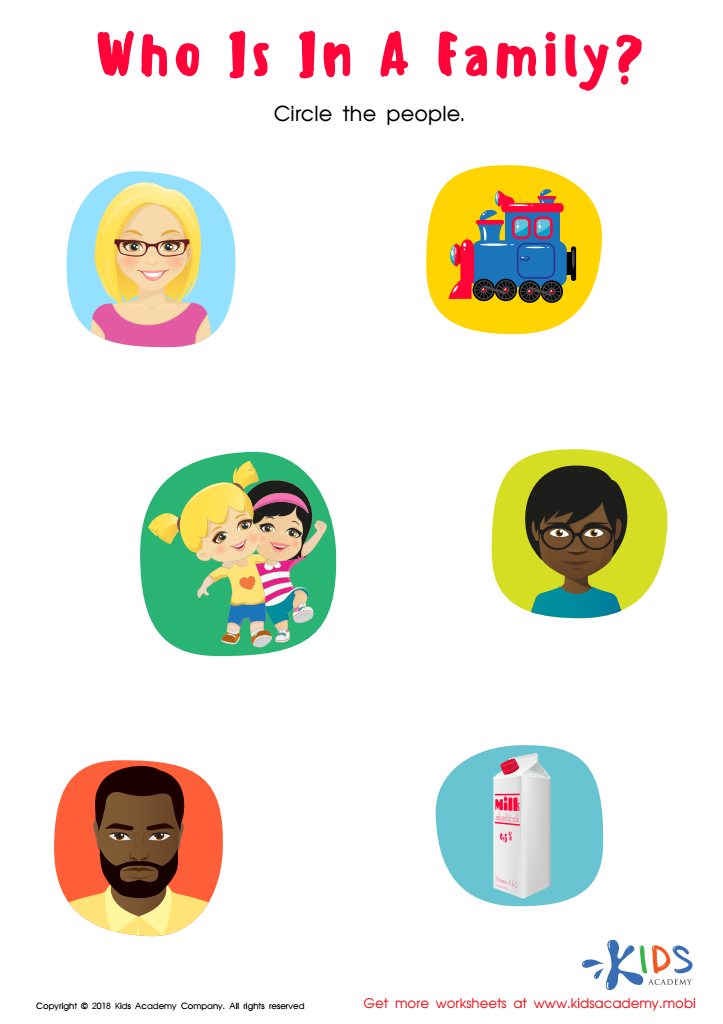

Who Is in a Family? Worksheet
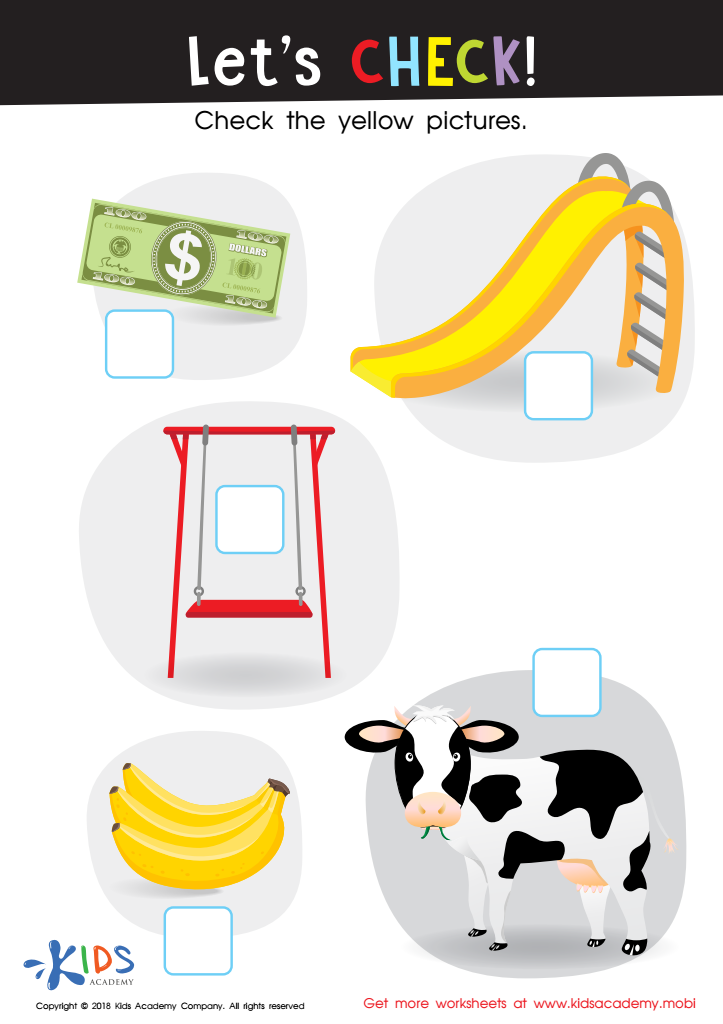

Let's Check! Worksheet
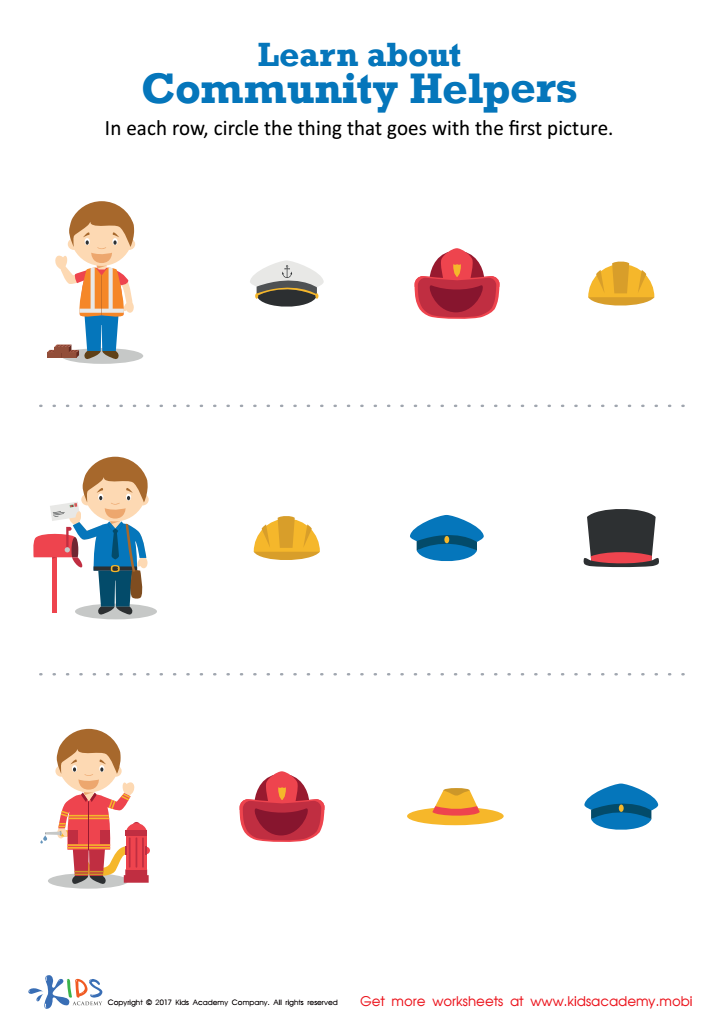

Learn about Community Helpers Printable
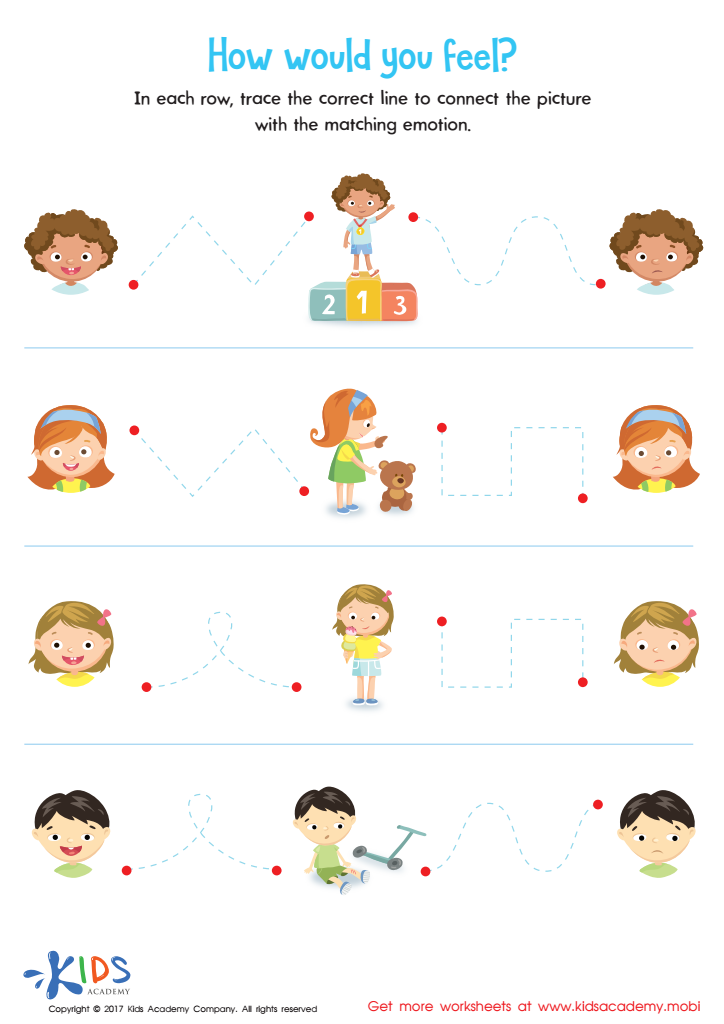

Feelings and Emotions Worksheet
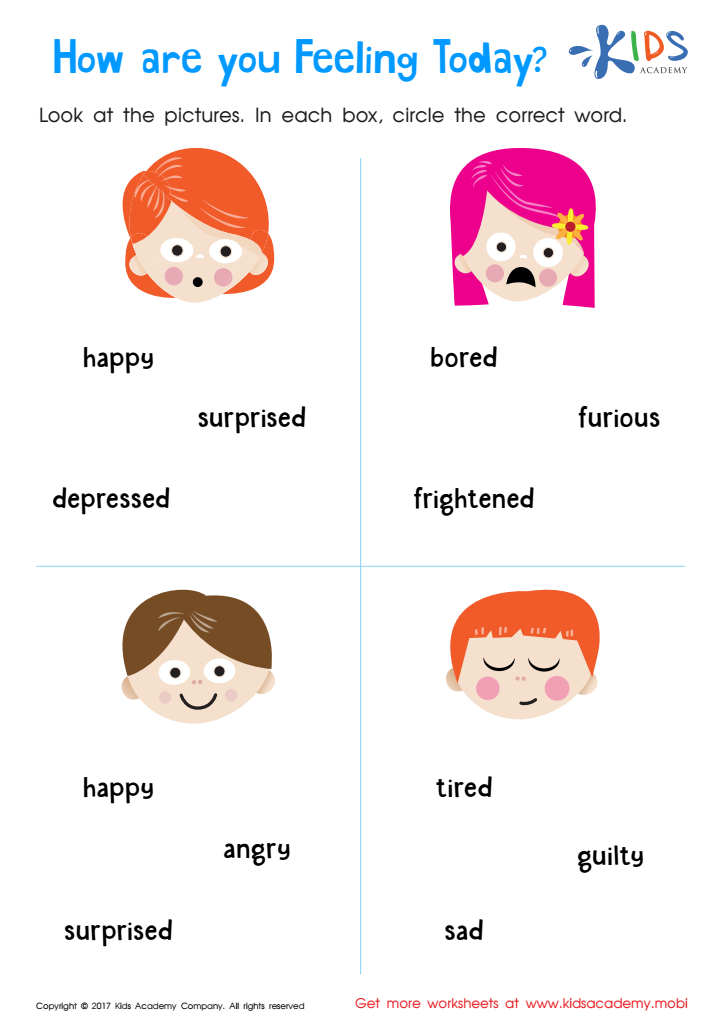

Understanding Feelings Worksheet
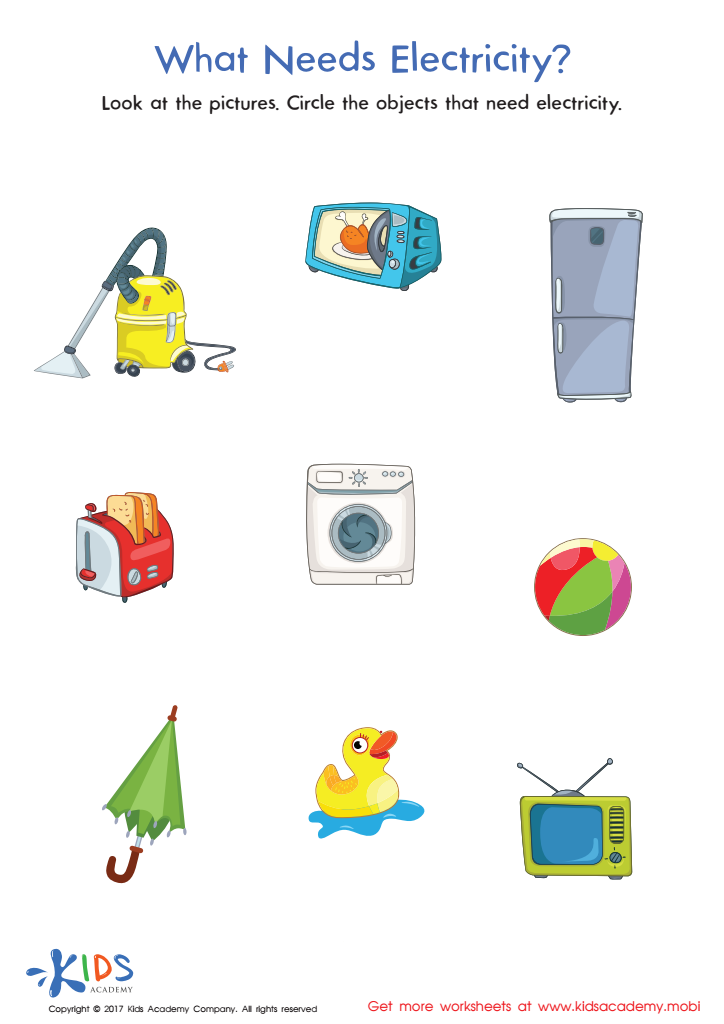

What Needs Electricity Printable
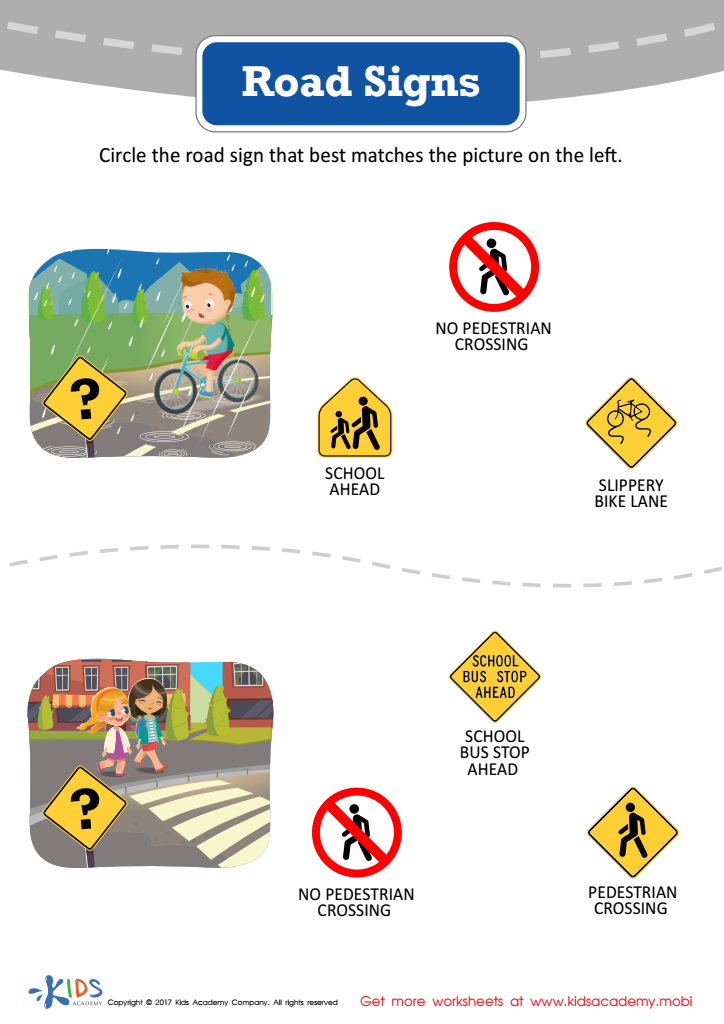

Road Signs (Part 2) Printable
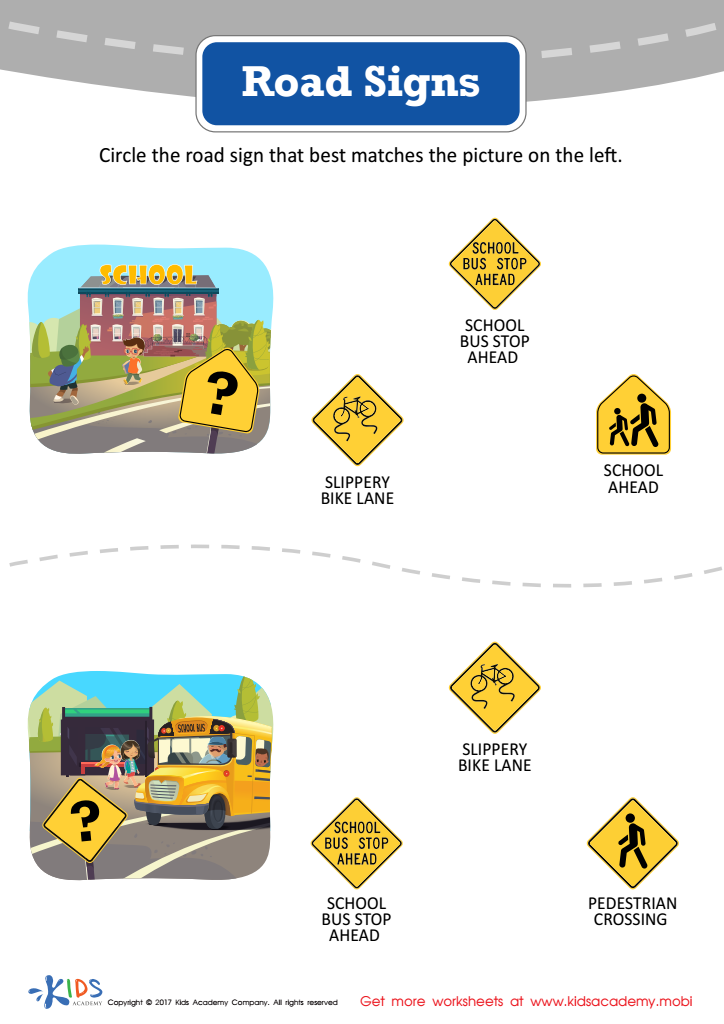

Road Signs (Part 1) Worksheet
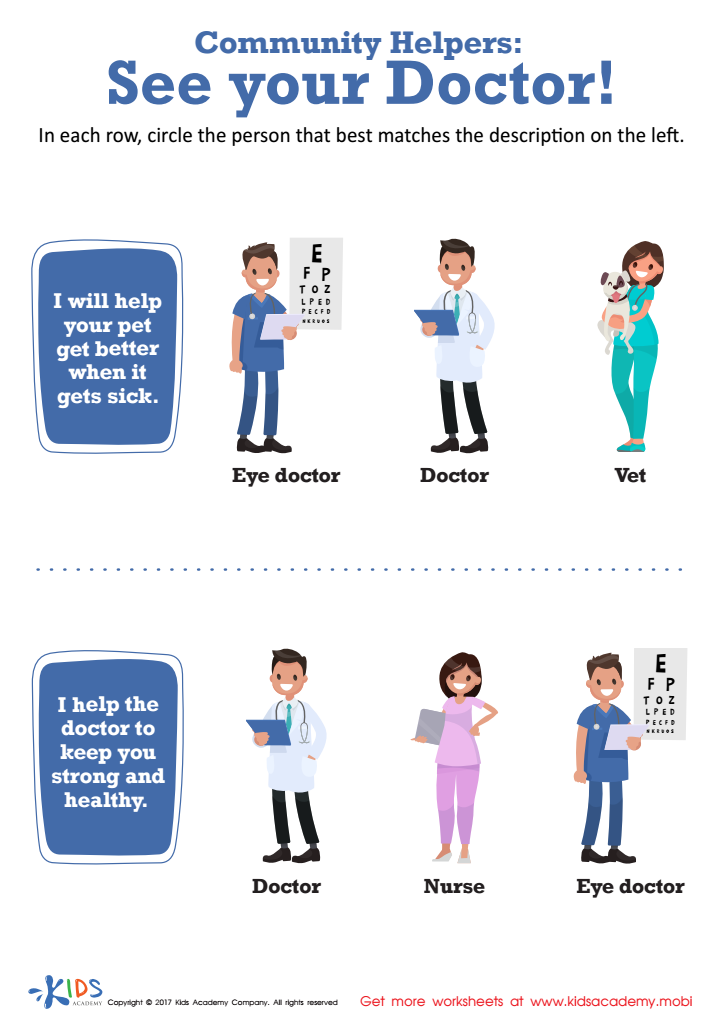

See Your Doctor (Part 2) Printable
Parents and teachers play a crucial role in shaping a child's social development, and understanding the importance of community for children ages 4-8 is vital. At this age, children are naturally curious and begin forming their identities within the world around them. A strong sense of community helps foster a sense of belonging, which is essential for building self-esteem and confidence.
Engaging with their community allows young children to learn about diversity and develop empathy. They experience different perspectives, cultures, and traditions, enriching their understanding of the world. Participating in community activities encourages teamwork, cooperation, and communication skills, as children learn to interact with peers and adults beyond their families.
Children who feel connected to their community are more likely to engage in positive behaviors and contribute to their surroundings, laying the groundwork for future civic responsibility. Moreover, strong community ties provide support networks for families, enhancing the educational experience for children. By prioritizing community involvement, parents and teachers create a nurturing and stimulating environment that empowers children to grow into socially responsible and engaged individuals. Ultimately, investing in community strength benefits not just the child, but also fosters a vibrant and supportive neighborhood.
 Assign to My Students
Assign to My Students



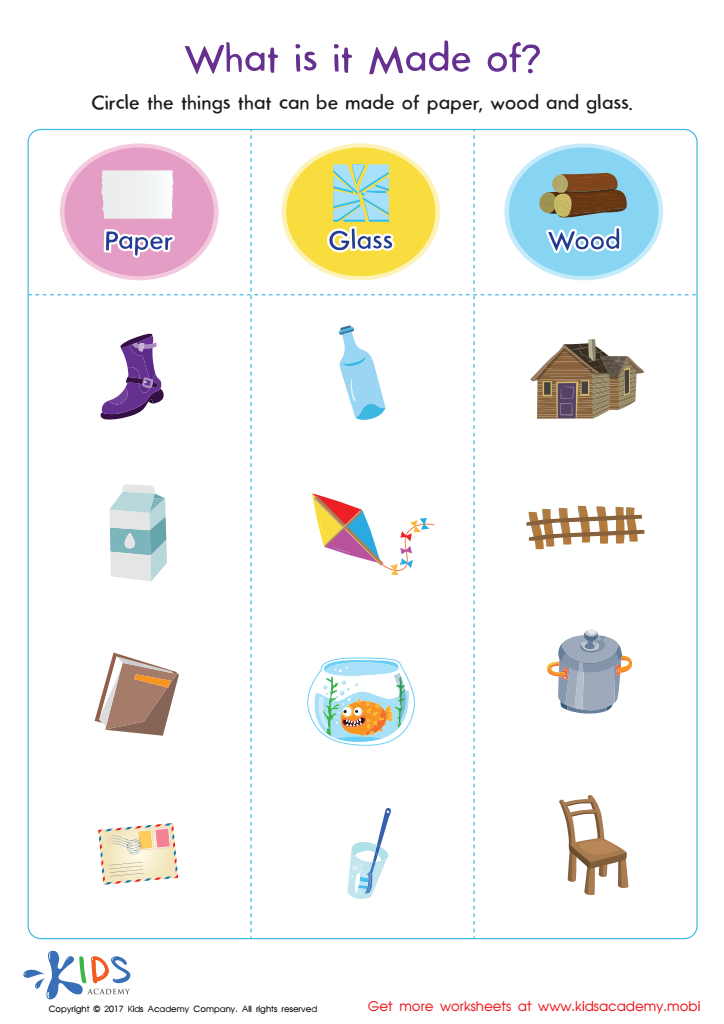
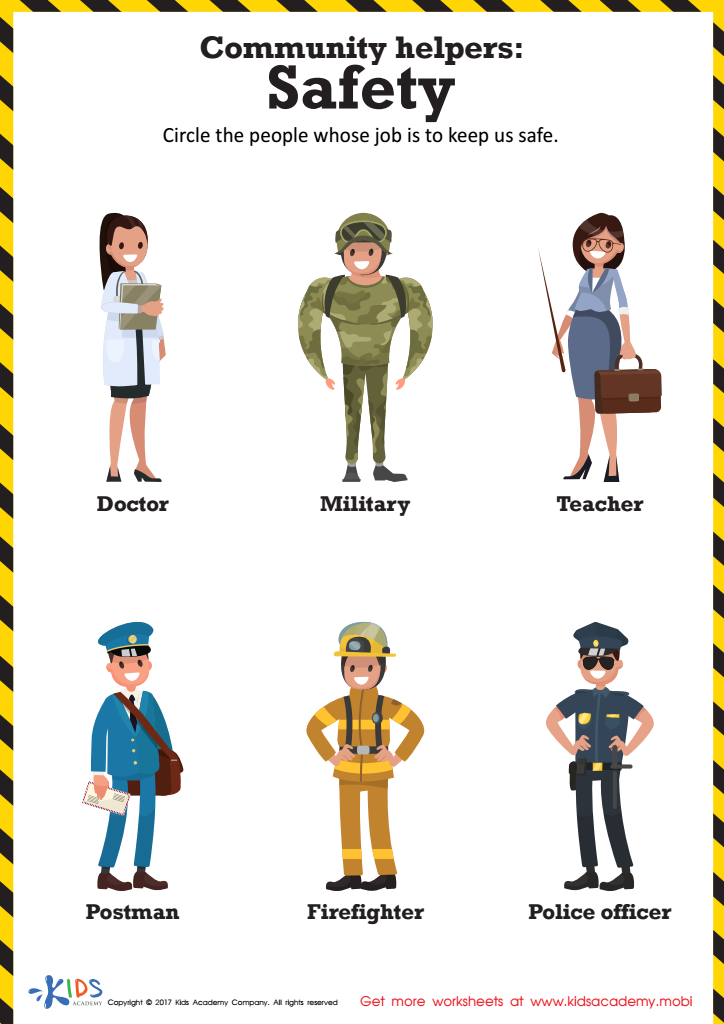




.jpg)




